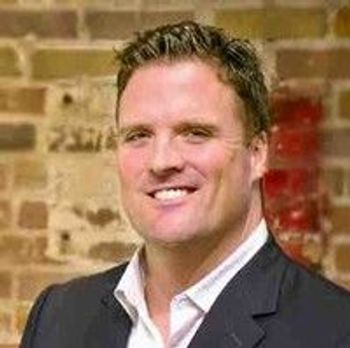
Nine Reasons to Use Direct Deposit for Payer Remittances
Here are nine good reasons to receive all in-network payer remittances via the Automated Clearing House system.
Medical practices should be receiving all in-network payer remittances via Automated Clearing House (ACH), also known as direct deposit. Here's why:
Medicare only makes payments electronically.
That does not mean that the practice must accept all other remittances the same way. What it does mean is that any practice that accepts Medicare already has a procedure in place for handling this type of remittance. Adding other carriers is no big deal.
Most, if not all, payers can remit electronically.
In the same way that a practice knows how to handle electronic deposits, the payers know how to initiate them. It is easier and cheaper for the payers, so they are more than willing to expedite the process of signing the practice up for direct deposit.
The practice must initiate a request and do some paperwork with the payer to set up the electronic deposits. The important thing to remember is that once the setup is done, it continues to work until the practice changes to a different depository account.
Banks prefer direct deposit to paper checks.
It is much cheaper and far less error prone for the bank to process an electronic deposit. Any activity fees for electronic deposit are significantly lower than the fees that can be associated with deposits of paper checks.
The practice gets use of the money sooner.
Depending upon the practice's relationship with its bank and the size of a deposit, a hold may be placed on the funds related to the deposit of a paper check. The reason is that the bank needs to make sure the check is actually good.
ACH funds are fully available to the practice as soon as the deposit is made -no holds. In addition, the time it takes to produce, mail, receive and deposit a check are eliminated.
Electronic deposits do not get lost.
That statement is a bit bold, but it does not overstate the case by much. In the rare event that an electronic transaction is misrouted because of a data entry error, it is much easier to track down and reissue than a paper check.
ACH deposits do not sit in the mailbox or a desk drawer over the weekend or while the office manager is on vacation.
Wherever you or your office manager is, the money is in the bank. It is still necessary to account for the deposit in your billing and/or accounting systems, but the money is still there and usable for the practice.
Bad actors cannot steal electronic deposits.
Embezzlement is a perennial concern in a medical practice. One of the most common methods is to divert checks to the practice to an employee's account. Once initiated, an electronic deposit is untouched by human hands.
It saves office labor.
There is no need to open envelopes and separate the check from associated explanation of benefits (EOBs). No one has to complete a deposit slip and go to the bank, or scan and reconcile a remote deposit.
Handle EOBs electronically, too.
With prior registration with individual payers, EOBs are available electronically. It only makes sense to set those up at the same time the practice arranges for electronic deposit of remittances. Especially for the lucky staff person with two computer screens, it is much easier to post payments off electronic EOBs.
Very few things are so uniformly beneficial as electronic deposits. Setup takes a minimal, one time effort. The benefits are experienced every business day. It is well worth looking into.
Newsletter
Optimize your practice with the Physicians Practice newsletter, offering management pearls, leadership tips, and business strategies tailored for practice administrators and physicians of any specialty.






